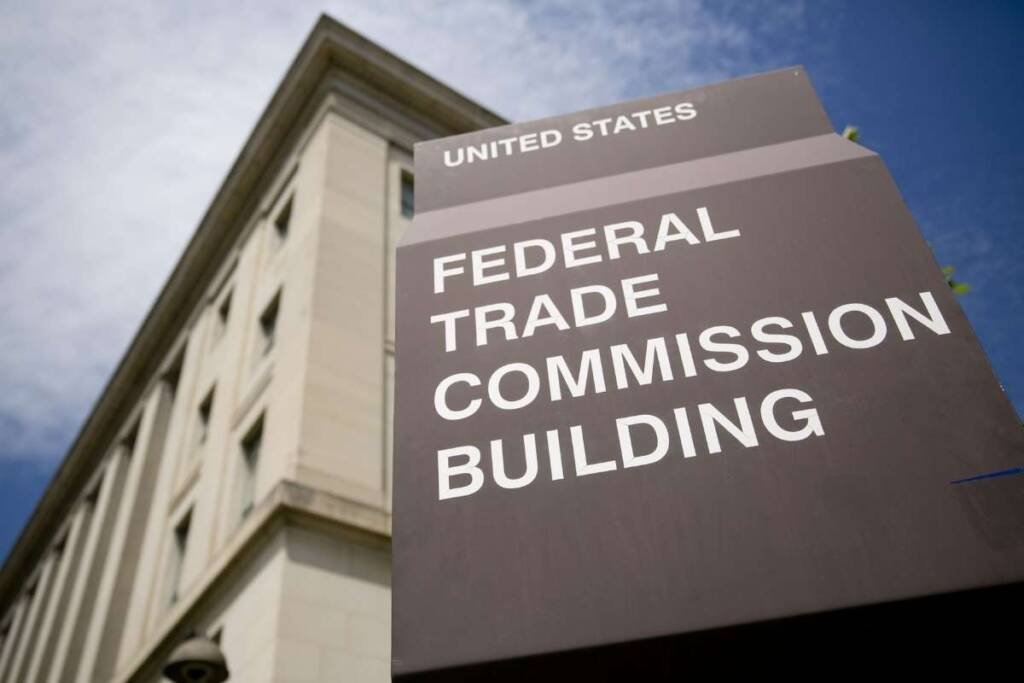As the Federal Trade Commission (FTC) closely examines two significant biopharma mergers, both the FTC and the Department of Justice (DOJ) have introduced updated merger guidelines with the aim of preventing anticompetitive practices in the pharmaceutical industry and beyond.
In a press release, the agencies stated that the thirteen new guidelines aim to “expand and clarify” the existing frameworks used in the government’s review of mergers and acquisitions. These updates seek to better reflect how the agencies assess the potential impact of proposed mergers on competition.
According to the updated principles, mergers should not lead to a “significant increase” in concentration within already highly concentrated markets. Additionally, they should not eliminate substantial competition between companies or increase the risk of coordination among industry players. Furthermore, mergers should not impede potential entry into a concentrated market or contribute to a trend towards increased concentration.
The guidelines also address competition concerns related to setting up a firm that controls products that its rivals might utilize, and they caution against mergers that could further entrench or extend a dominant position.
During a 60-day comment period, the FTC and DOJ encourage the public to provide feedback on the updated guidelines.
In recent years, the FTC has been actively working on revamping its review process for merger deals. In 2021, former acting Chair Rebecca Kelly Slaughter revealed the agency’s intention to adopt an “aggressive” approach in reviewing biopharma deals. The agency aims to collaborate with the DOJ and other authorities to analyze the outcomes of past mergers.
The issuance of these updated guidelines signals an increase in scrutiny that could potentially impact how the pharmaceutical industry conducts mergers and acquisitions.
Two significant biopharma deals have recently come under the scrutiny of the FTC. In May, the antitrust watchdog moved to block Amgen’s proposed $27.8 billion acquisition of Horizon Therapeutics, filing a lawsuit alleging that Amgen’s history of drug bundling during payer negotiations could lead to leveraging its product portfolio to solidify the monopoly positions of two Horizon drugs.
In a recent development, the Federal Trade Commission (FTC) has focused its attention on Pfizer’s proposed merger with Seagen. Just a few days ago, the regulatory body requested additional information from both companies in the second round of documentation submissions after the merger announcement in March.





























